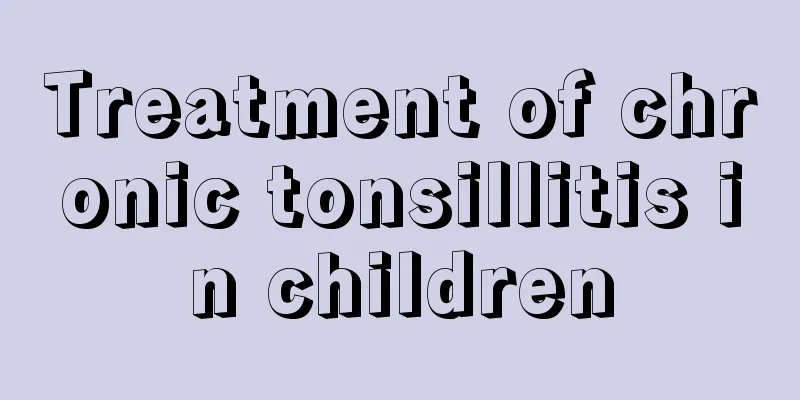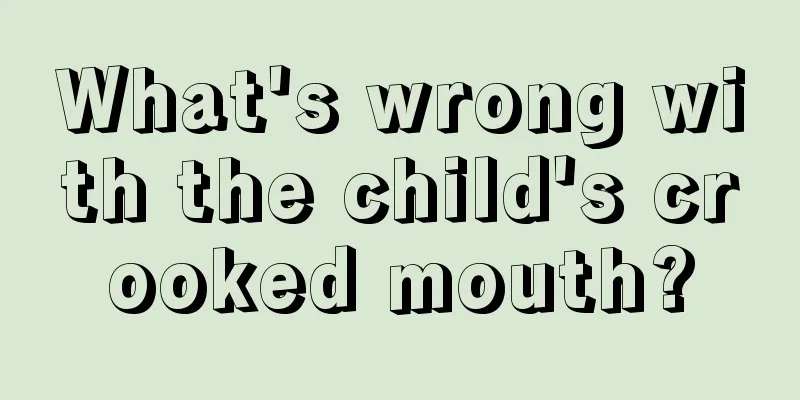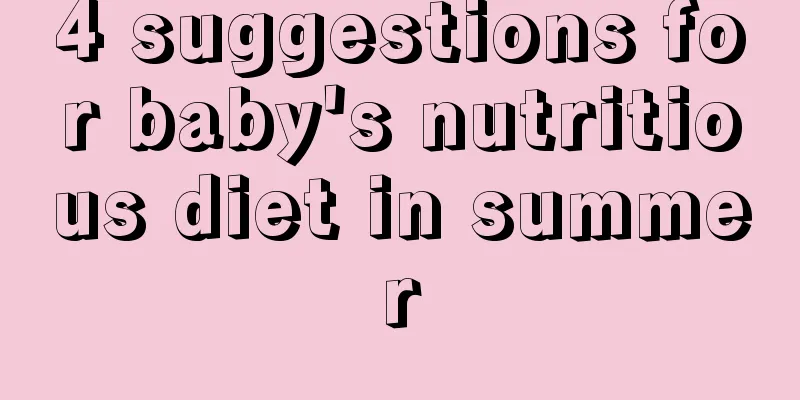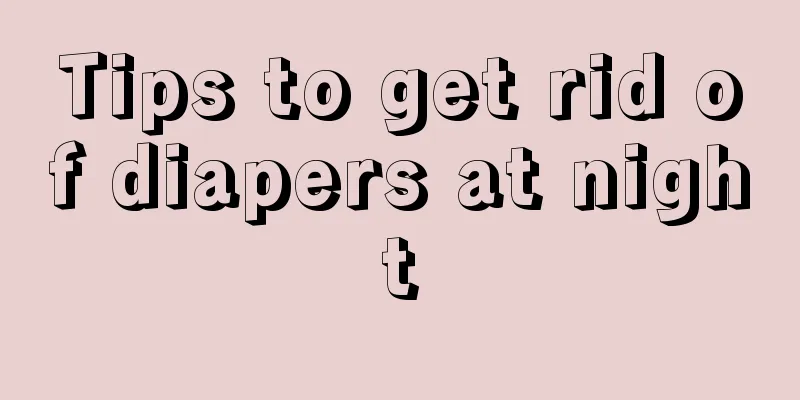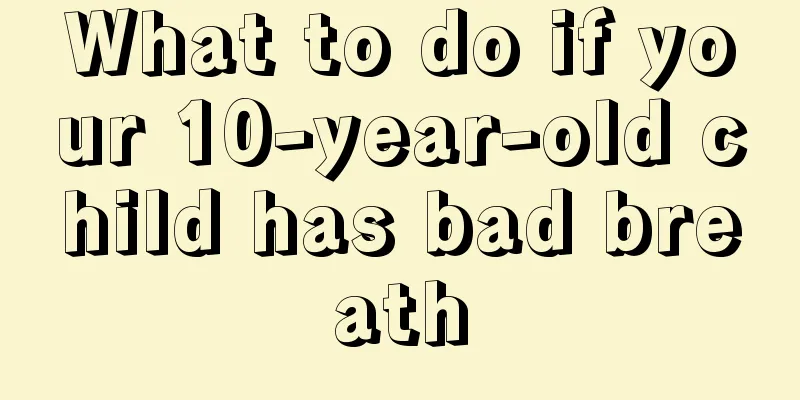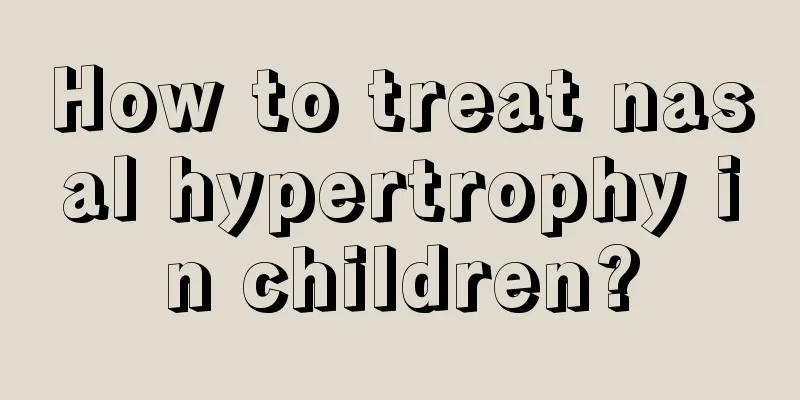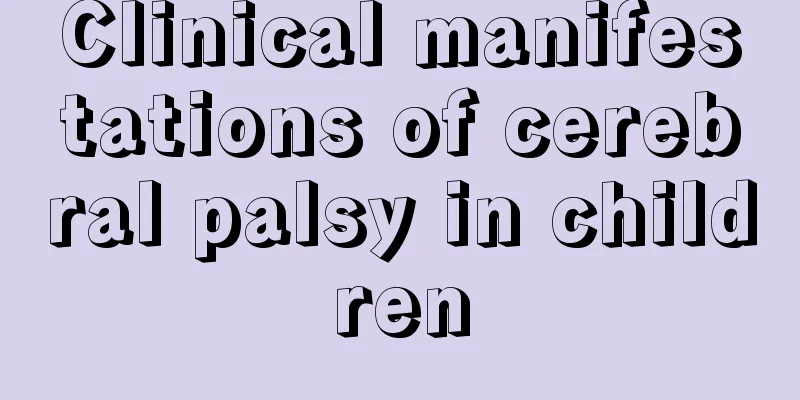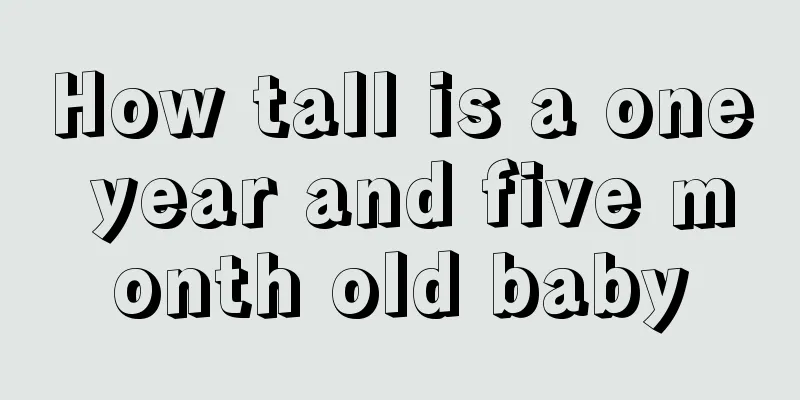What should I do if my child has vomiting, fever and diarrhea?
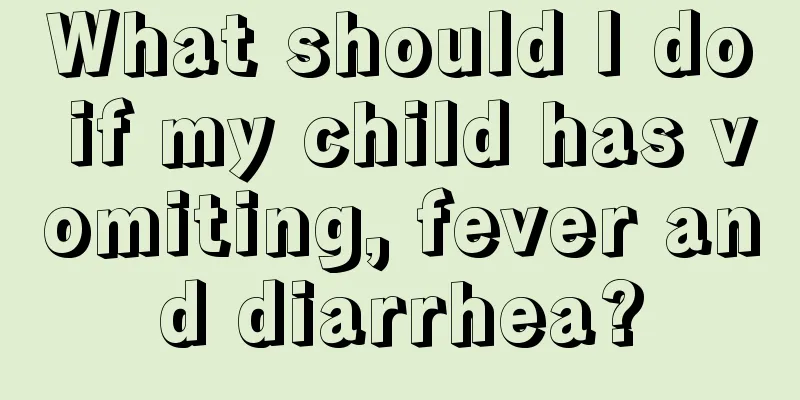
|
Normally, if you see that your child has health problems, you still need to find out the specific situation and prepare for treatment as soon as possible. So what should you do if your child vomits, has a fever, or has diarrhea? The child is still young, so it is best not to take medicine. If the symptoms can be alleviated through daily conditioning methods, they will slowly return to normal. If necessary, consult a doctor as soon as possible and receive treatment. Fever is the body's defensive response to disease. Fever in children is a common symptom of many pediatric diseases. Low-grade fever, with body temperature between 37 and 38.5℃, does not cause much harm to the body. For some diseases, it can even help the patient recover. There is no need to use antipyretics, just physical cooling is sufficient. Taking too many antipyretics is not good for the body. Vomiting and diarrhea in children are common due to digestive dysfunction, and the triggering causes are often irregular diet, excessive activity after eating, or mental stimulation. When a child vomits, the first thing to do is to temporarily fast so that the digestive tract has some time to rest. You can first give him some light sugar salt water or light tea, and he will be fine after a few hours or 1 to 2 days. If a baby occasionally vomits after feeding, it may be that he has swallowed air. The nipple should be blocked during the next feeding to prevent him from swallowing air. After sucking, you can hold the baby and pat his back gently to let the air out. Then lie on the right side with the upper body slightly raised. Vomiting and diarrhea in children If the child often vomits after sucking milk but is generally normal, he may have pyloric spasm. Under the guidance of a doctor, the child should be given some antispasmodics. When the general nutritional status is affected, pyloric hypertrophy should be prevented and a doctor should be asked to check. If severe vomiting occurs repeatedly, including spitting out yellow water, and general care does not improve the condition, you should be careful about intestinal obstruction. If accompanied by other conditions such as fever, the details should be reported to the doctor. If you find that the vomitus is abnormal, you should bring it to your doctor so that the doctor can analyze the cause of the vomiting and deal with it promptly and correctly. Through the above introduction, everyone is clear about what to do if children have vomiting, fever and diarrhea. If a child suffers from diarrhea or vomiting for a long time, it can easily affect normal eating, lead to malnutrition, and even hinder normal development and growth. Therefore, it is necessary to adjust the children's physical health as soon as possible and improve their immunity. |
<<: What should I do if my child suddenly has a fever and convulsions?
>>: What should I do if my child has a fever, vomiting, or diarrhea?
Recommend
What dietary principles should children follow to supplement iron?
Iron is an essential element for the human body. ...
The baby has a brown birthmark on his face, and laser treatment is effective
Many babies have brown birthmarks on their faces ...
Why is the child so thin?
Many parents will find that their children usuall...
What should I do if my one-year-old baby has trouble sleeping?
Since infants and young children's bodies are...
Why are babies' legs of different lengths?
Children are our future and the future of this co...
Senior high school schedule science
Senior year of high school is the most important ...
How to supplement zinc and iron deficiency in babies
As children grow older, their bodies need more an...
What causes children to twitch while sleeping?
Children are generally restless when they sleep, ...
Is it OK for children to use air conditioning?
In summer, it is June and July, which are the hot...
Can children take a bath after vaccination?
Children should not take a bath immediately after...
What to do if your baby has indigestion after eating milk powder
What should I do if my four-month-old baby has in...
What medicine should I use for mosquito bites?
When summer comes, there will be a sudden increas...
Why is the baby's belly button bulging?
A bulging belly button in a baby is a relatively ...
Why is my baby's butt itchy?
Normally, the incidence rate of anus itching in b...
What to use for eczema on children's face
For children, eczema on the face is a common phen...

